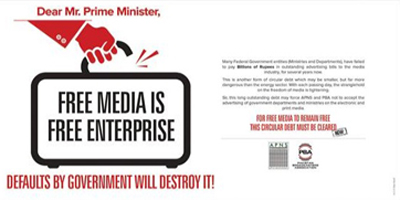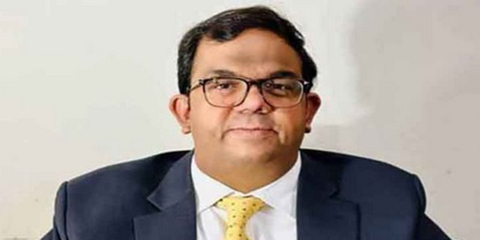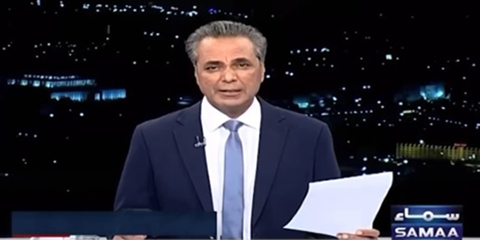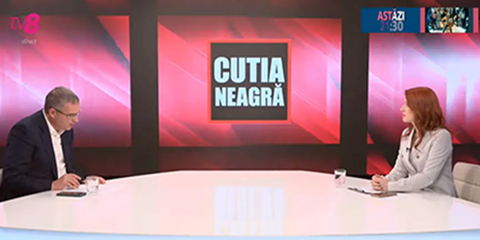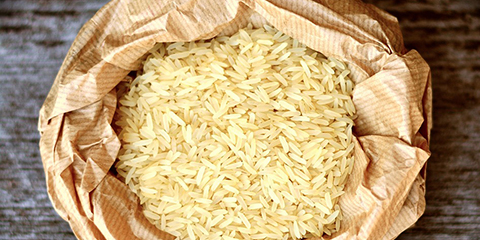Free media, a free enterprise
JournalismPakistan.com |
Published 11 years ago | Fakiha Hassan Rizvi
Join our WhatsApp channel
While sifting through the pages of Sunday's Dawn newspaper (January 5, 2014), I came across an advertisement on Page 4 that delivered a profound and thought-provoking message. Apparently, it seemed to be a “begging letter” with a threatening tone to the Prime Minister, which went on as follows:
Dear Mr. Prime Minister
Many federal government entities (Ministries and Departments), have failed to pay billions of rupees in outstanding advertising bills to the media industry, for several years.
This is another form of circular debt which may be smaller, but far more dangerous than the 'energy sector'. With each passing day, the stranglehold on the freedom of media is tightening.
Sir, this long outstanding debt may force the All Pakistan Newspapers Association (APNS) and the Pakistan Broadcasting Association (PBA) not to accept the advertising of the government departments and ministries on the electronic and print media.
FOR FREE MEDIA TO REMAIN FREE THIS CIRCULAR DEBT MUST BE CLEARED (NOW!)
APNS, PBA
If the claim is valid then it implies that most of the “paid content” by the government is being advertised without receiving payments. This is an alarming scenario for the media that is “commercially-driven” and heavily banks on the money from the advertisers (be it the government or any other private enterprise). According to Aurora (Pakistan’s leading advertising and publication industry), the share of television in the total ad spend was 58% (Rs 18.6 billion) in 2011. Recently, government auditors have expressed resentment over the Rs 3.15 billion spent by the former, PPP-led government to promote the Benazir Income Support Program (BISP). However, the incumbent government of the PML-N shouldn't remain oblivious to the hefty amount dedicated for the media campaign of Daanish School System (let alone the campaigns promoting Punjab Youth Festival and e-youth initiative).
There is another side to this debate. According to the website of Pakistan Think Tank, corruption in Pakistani media is so rampant that even foreign nations like the US are spending 50 million dollars to buy off media channels. The website further elaborates that “Pakistan television channels are owned by rich individuals and require support of government advertisements to fund them. The first part of the problem wouldn’t be that hard to fix, a simple rule banning majority ownership of papers by individuals and certainly banning the owning of multiple papers. The second problem is systemic but a solution can be found by passage of legislation banning government advertisements from appearing in private TV channels”.
The Pakistan Broadcasting Association along with the All Pakistan Newspaper Society should collaborate with Pakistan Advertisers Society (PAS) and Pakistan Electronic Media Regulatory Authority (PEMRA). A stringent code of conduct needs to be established and implemented (in letter and spirit) in order to regulate government-sponsored advertisements.
However, the underlying meaning of “Free Media” also needs to be redefined in Pakistani context. Media, as an enterprise will inevitably thrive and remain dependent on the advertisers. Therefore, the media is monetarily purported by those who aren't concerned by quality of content being published or broadcast. A free media, on the contrary, struggles and strives to produce quality content that fulfills the “social responsibility” role.
(The writer is a student of Communication Studies at the University of the Punjab and blogs at www.fakihahassanrizvi.wordpress.com).
Dive Deeper
Why only Nukta, Mr. Minister? Media workers question government's selective support
November 06, 2025:
Information Minister Attaullah Tarar’s job offer to Nukta staff draws criticism as hundreds of journalists across Pakistan face layoffs, salary delays, and job insecurity.
Information Minister Tarar announces jobs for all 37 laid-off Nukta employees
November 06, 2025:
Information Minister Attaullah Tarar announces jobs for 37 laid-off Nukta employees, saying they will be placed at digital platforms within 48 hours amid growing media uncertainty.
Faisal Chaudhry’s viral one-liner on G for Gharidah steals the show
November 05, 2025:
PTI’s Faisal Chaudhry’s witty reply to Gharidah Farooqi on GTV’s “G for Gharidah” goes viral as a clip from their debate over the 27th Amendment sparks reactions online.
A digital dream falters: Nukta cuts 37 jobs in Pakistan after only one year
November 05, 2025:
Digital platform Nukta lays off 37 employees in Pakistan, including journalists and producers, highlighting the financial struggles facing new media ventures in a shrinking job market.
Talat Hussain says offensive viral clip was edited out, not aired on Samaa TV
November 04, 2025:
Talat Hussain denies airing the viral clip showing Sher Afzal Marwat’s vulgar remark, saying it was not part of his Samaa TV show.
PFUJ recalls November 3, 2007 emergency as Pakistan’s darkest day
November 03, 2025:
PFUJ recalls November 3, 2007, as Pakistan’s darkest day under Musharraf, urging protection for journalists and the abolition of laws threatening press freedom.
PFUJ calls for end to Impunity for Crimes Against Journalists
November 02, 2025:
PFUJ urges Pakistan’s federal and provincial governments to end Impunity for Crimes Against Journalists and ensure their safety and press freedom.
Global impunity for journalist murders worsens as Pakistan sees 60 percent rise in attacks
November 02, 2025:
Impunity for crimes against journalists deepens worldwide as Pakistan reports a 60 percent surge in attacks and weak enforcement of safety laws.



